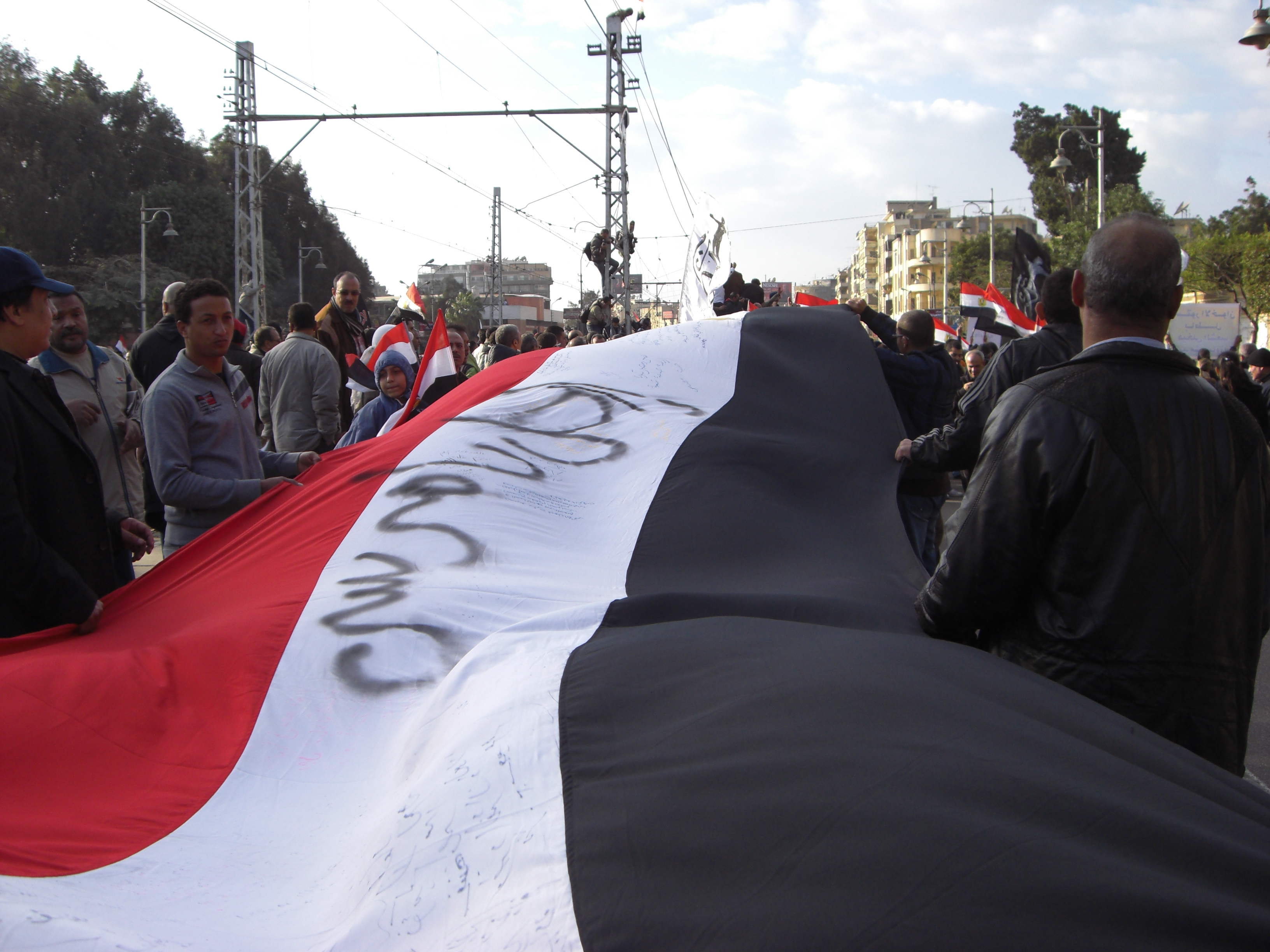
As these lines go to print, the death toll will certainly have risen, the rhetoric will have gotten louder and the vengeance and raw nerves will continue to run as high as they can get.
Over the past weeks, I have chronicled the events in Egypt, critiqued the performance of the Muslim Brotherhood, and was also equally critical of the opposition. I spoke openly against 30 June, it’s possible ramifications and advocated a political solution.
I guess that contrary to conventional wisdom, the events have unfolded as worse they could, presenting such a moral dilemma. Alas, no use being such a baby about it.
The burning question still remains: How can we get out of this ordeal?
This political struggle turned humanitarian crisis has almost degenerated into a chapter of the Hamas – Israeli conflict where collateral damage is used to augment a negotiating position. This is simply a twisted blood game masquerading as a fight for justice and legitimacy.
Former president Mohamed Morsi’s supporters and their leadership not only pushed the country to a cliff by refusing to be pragmatic about all that took place, they have suddenly jumped off this cliff attempting to pull everyone along in this mortal fall.
What pains me is that this situation was truly fabricated from the onset and could easily have been avoided. Before choosing this path, the Brotherhood could have made a deal. It is not like it is not within their genes to make deals and concessions.
They negotiated during the Mubarak era regarding elections and they negotiated again with the late Omar Suleiman in February 2011. In fact, they have always been critical of any protests that jeopardise their gains. For instance, they were critical of the Mohamed Mahmoud protests calling demonstrators thugs and drug addicts. This time, when it came to their existential struggle, they took a bet…a bloody bet; they wanted to inflame this situation to get sufficient global attention to force a resolution.
It is, as we said, a moral dilemma. It is a power struggle being fought at the expense of human lives and the nation’s sovereignty. But supporting the nation’s sovereignty and saving human lives has suddenly become two conflicting objectives. What gives?
While I did not wish to see the situation reach this critical point, it is hard to imagine a way out of it now. What we are suffering from is not simply a single failure but rather the compounded effects of so many failures.
The removal of Mubarak in 2011 without a proper transition being planned made it OK for the people to rise up against any leader and topple him. The way the events unfolded in January 2011 also cemented the notion that drastic changes can only be brought about by non-peaceful protests, unless you have a strong ally by your side such as the army.
As mentioned before: “this situation will sort itself out and will do so at some grave costs.” The casualties and fatalities caused by these deadly confrontations will subside over the next weeks. The effect, however, will be long lasting. Our society has tasted blood and the pictures of someone getting shot on TV became a non-event. The country has reached scary levels of desensitisation; as an aphorism commonly attributed to Stalin goes: “One death is a tragedy. One million is a statistic.”
I keep on remembering what a British friend once told me following events in Port Said. “Life is cheap in Egypt.” To put this “cheap life” in context, one must simply be reminded that over 2500 people have perished during the course of the past 30 months. Close to half of these deaths took place in the past 2 weeks alone. But are we significantly better off than where we were prior to 25 January 2011? The answer is a painful no. Worst yet, a country which started out fighting for rights and a better life is now fighting for survival and sovereignty.
I am certain that Egypt will pull through this as it has pulled through many tragedies over the course of history. I cannot, however, be certain how long it will take us to get past the hurt that will be left when the dust settles. As we once said: “chapters from the books of Algeria and several other crisis torn African countries are open for the eyes to read and digest the lessons to be had.”



